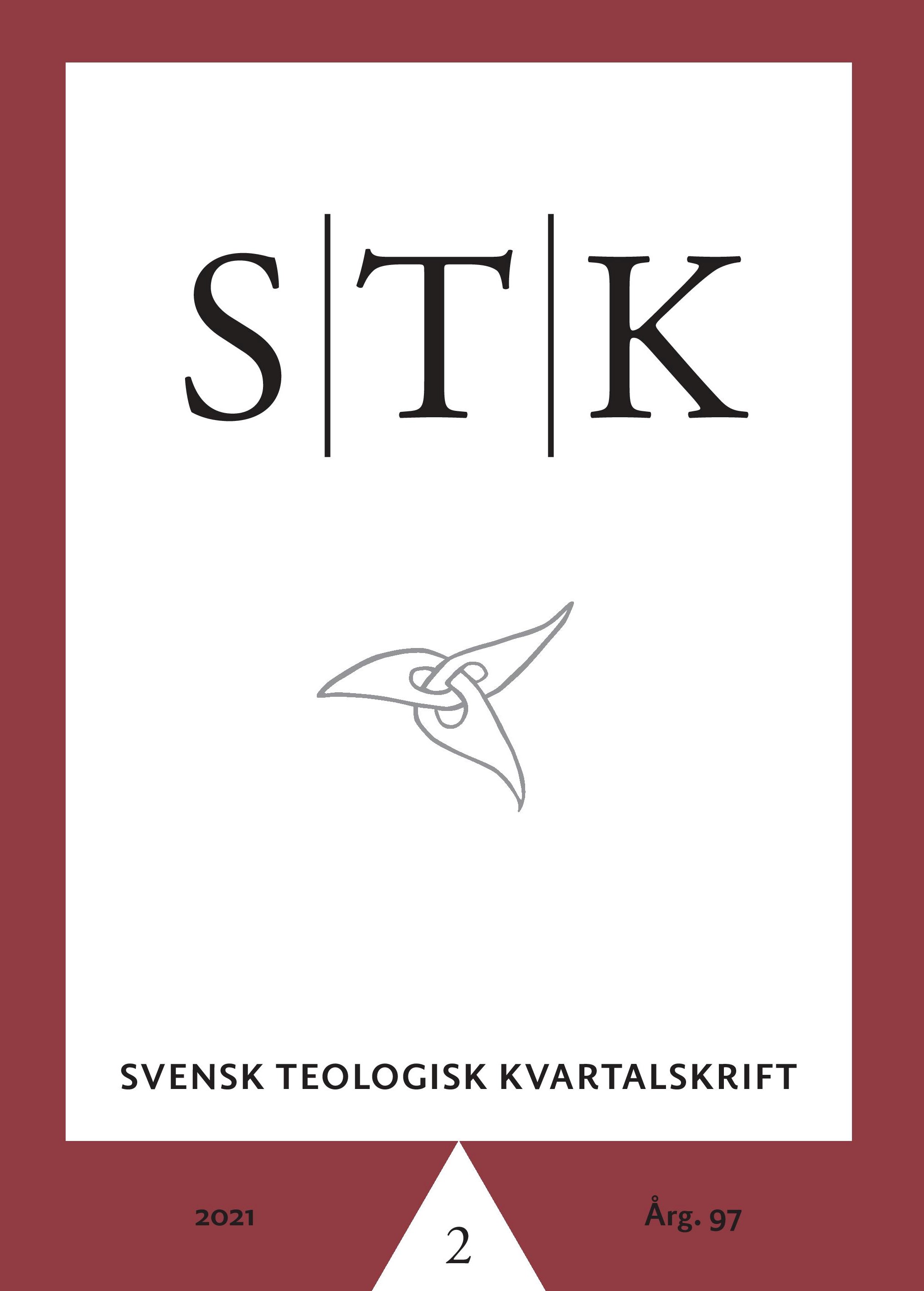Gudar och människor bland texter och paratexter
Om varför Gamla testamentet inte har några författare
DOI:
https://doi.org/10.51619/stk.v97i2.23193Abstract
It is a well-known fact that the books of the Hebrew Bible are, to a great extent, anonymous and that the individuals long identified as their authors (Moses, Isaiah, David, Solomon, and so on) are not the ones who have penned them. How, then, should the few paratexts that do, in fact, relate texts explicitly to named individuals be understood? In this article, I argue that such a question is essentially related to the historical contingency of author concepts. After introducing the work of Roland Barthes and Michel Foucault as a contrast to the Romantic author ideal, I provide an outline of two diverging author concepts in the ancient world: (1) a Mesopotamian trajectory where texts often circulated anonymously and where authorship was distributed across several agents, with a divine-human interaction at its core, and (2) a Greek trajectory, where authors were regularly named and given prime place in the interpretive activity. By arguing that there are clear overlaps in the way authorship is conceived in the Mesopotamian trajectory and in the Hebrew Bible (more specifically in the book of Isaiah), I provide a new framework in relation to which the formation of the literature of the Hebrew Bible can be understood.
Downloads
Published
Issue
Section
License
Copyright (c) 2021 David Davage

This work is licensed under a Creative Commons Attribution-NonCommercial-NoDerivatives 4.0 International License.


